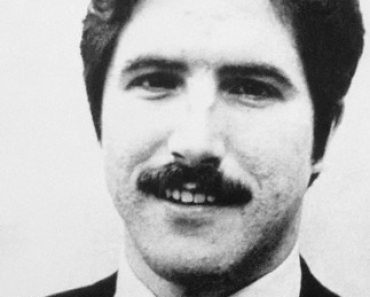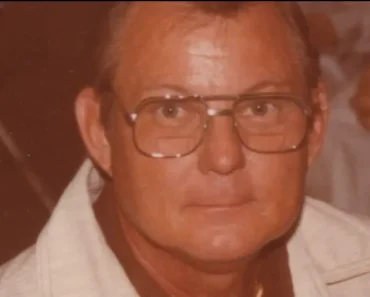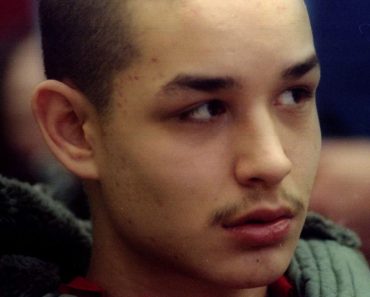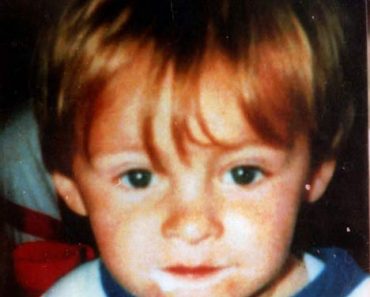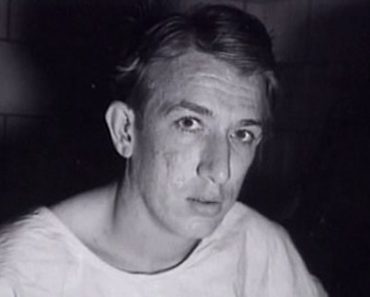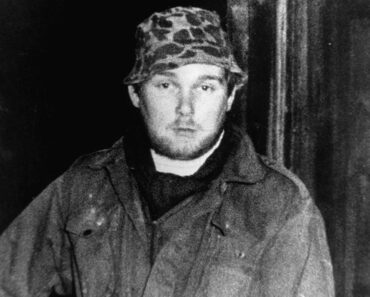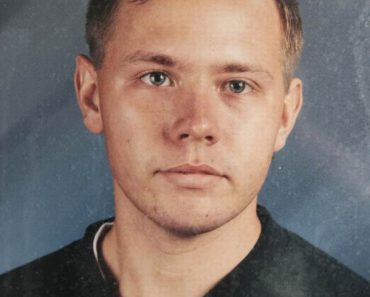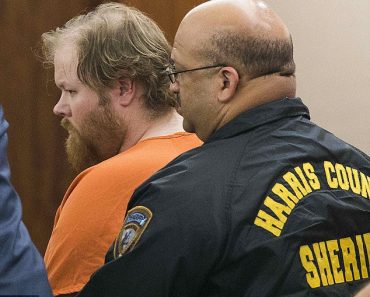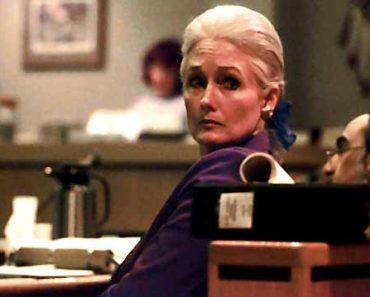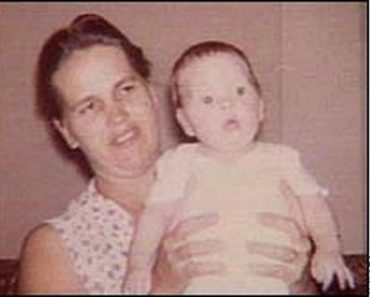In December 1994, Ralph Tortorici, a 26-year-old psychology student at the State University of New York, shocked everyone when he walked into a classroom armed with a hunting knife and a high-powered rifle, announcing his intention to take the class hostage. Tortorici, diagnosed with paranoid schizophrenia and believing he had tracking devices implanted in his body by the government, initiated a three-hour standoff with police negotiators. The situation escalated to gunfire, resulting in one student sustaining serious injuries and Tortorici facing charges of aggravated assault, kidnapping and attempted murder.
“A Crime of Insanity,” a FRONTLINE documentary, delves into the complex case of Ralph Tortorici. Through interviews with Tortorici’s family and the key figures involved in his trial – the defense attorney, prosecutor Cheryl Coleman, and the presiding judge – the documentary explores the multifaceted consequences when the legal and psychiatric realms intersect.
Prosecutor Cheryl Coleman, in her first in-depth interview, acknowledges the formidable challenge the Tortorici case posed. Despite searching for a psychiatric expert willing to testify to Tortorici’s legal responsibility for his actions, Coleman couldn’t find one. She attempted to convince Chief Assistant District Attorney Lawrence Wiest to consider a plea bargain that would have placed Tortorici in a secure mental hospital rather than prison. However, her efforts were in vain, and the case proceeded to trial.
Coleman recounts her efforts to persuade Chief Assistant District Attorney Lawrence Wiest to allow her to arrange a plea bargain, which would have sent Ralph Tortorici to a secure mental facility rather than to prison. “I remember telling him, ‘Look, we’ve pushed it absolutely as far as we can go. I don’t want to do this and, there is no way that you’re going to win this. Put aside the fact of whether or not he really is crazy, if you don’t care about that, but we’re not going to look so good. This is going to be a huge exercise in futility. A huge, public exercise in futility.’
Cheryl Coleman reveals to FRONTLINE what happened behind closed doors when, despite her recommendations, she was told to take the Tortorici case to trial.
Despite her qualms, Coleman prosecuted the case. In “A Crime of Insanity,” she explains to FRONTLINE what happens to a trial attorney once a trial begins. “When you’re a trial lawyer, it doesn’t even matter what side you’re on because you go into a zone and you’re into the battle,” she says. “You’re not thinking about right, you’re not thinking about wrong. You’re just thinking about winning.
The Conviction of Ralph Tortorici
Ultimately, Ralph Tortorici was convicted and sentenced to 20-47 years in prison by Judge Rosen. However, his time behind bars was much shorter. Just three weeks after incarceration, he attempted suicide in prison, leading to his transfer back and forth between a secure psychiatric facility and prison over the following three years. After nearly a year in the psychiatric facility, Tortorici was returned to prison, where he tragically hanged himself with a sheet in his cell on August 10, 1999.
source: talkleft







